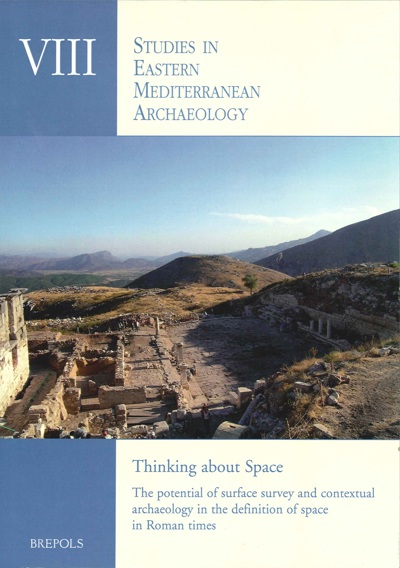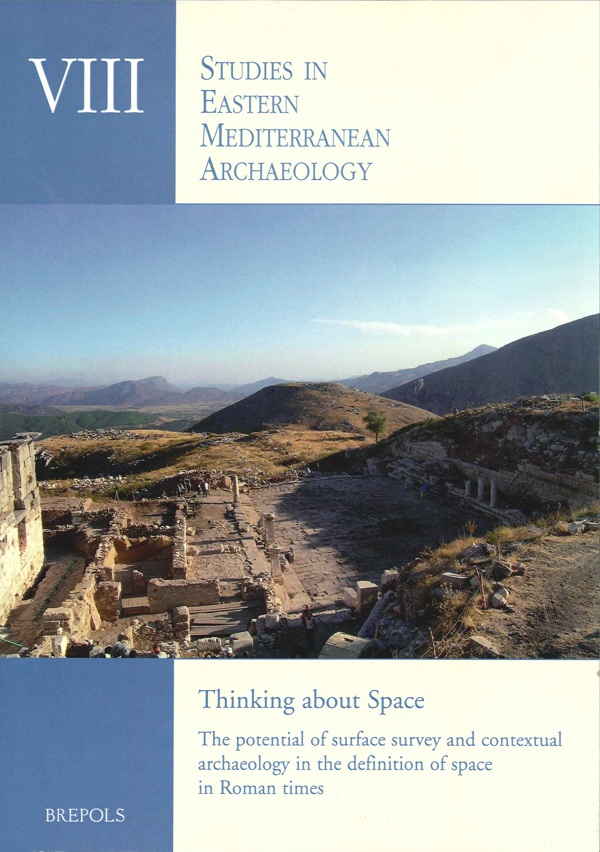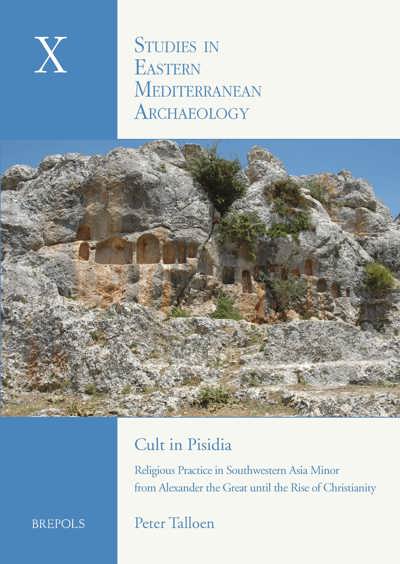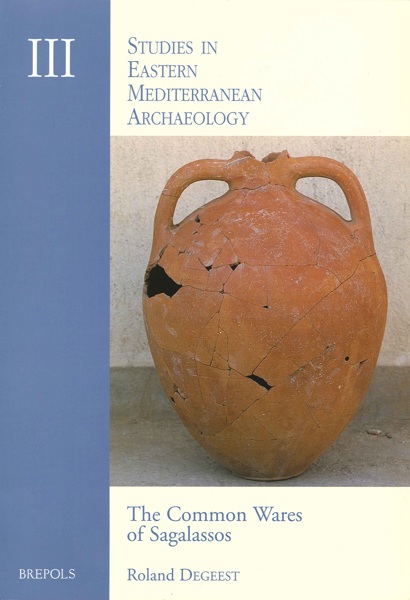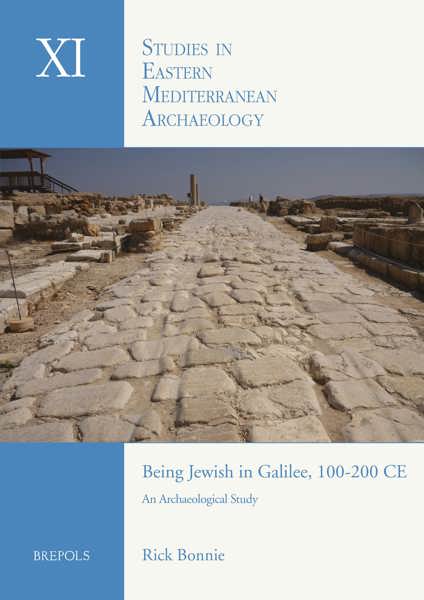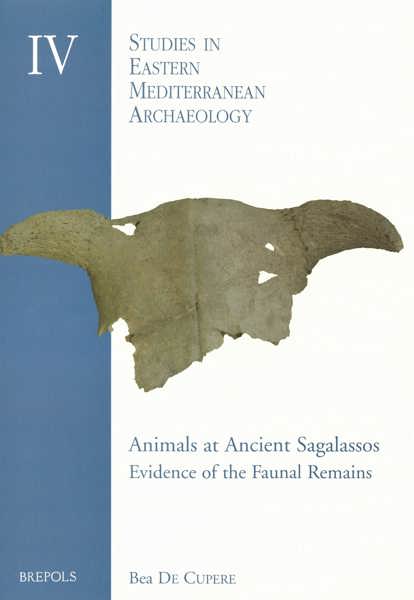
Thinking about Space
The potential of surface survey and contextual archaeology in the definition of space in Roman times
Hannelore Vanhaverbeke, Jeroen Poblome, Marc Waelkens, F. Vermeulen, R. Brulet (eds)
- Pages: 255 p.
- Size:210 x 295 mm
- Illustrations:5 col.
- Language(s):English
- Publication Year:2008
- € 90,00 EXCL. VAT RETAIL PRICE
- ISBN: 978-2-503-51357-7
- Paperback
- Temporarily Out of Stock
While scholars agree on the quantitative and qualitative transformation of cities and their territories, such as an increase in the number of monumental buildings and rural sites, a significantly higher degree of urbanization, a more sophisticated lifestyle etc., little research has been devoted to the ways in which these structures and sites, and their internal components, were organized spatially.
The eleven papers presented in this volume result from workshops
organized by the
international, interdisciplinary ROCT-network (Roman Crafts and
Trade).
From a heterogeneous chronological and geographical background, the
peer-reviewed
collection of papers focuses on one central issue: the use of space
in the Roman world.
Space, on all sorts of levels, shapes human life, now as in the
past. The edited volume
contrasts two dimensions of space: the macro-scale at regional
level and the micro-scale
at local level. Moreover, the selected papers are written against a
variety of
methodological backgrounds and practices, including excavation and
surveying strategies,
contextual analysis and material culture studies. The variety of
content, approaches and
interpretation results from the conscious deliberation that this is
the only possible way
to think about space in the Roman world. The contributions cover
the Roman world with its
provinces, throughout the long period in history which can be
considered Roman in each of
the study areas.
Frank Vermeulen is professor of Roman archaeology and of archaeological method at Ghent University. His research interests cover settlement history and landscape development in the western Mediterranean during Antiquity.
Raymond Brulet est Professeur d'Archéologie nationale à l'Université catholique de Louvain (Louvain-la-Neuve). Il est spécialisé dans la période de l'Antiquité tardive et dans le domaine de l'Archéométrie.
Hannelore Vanhaverbeke is a Postdoctoral Fellow of the Research Foundation - Flanders (FWO-Belgium); she is the field director of the annual rural surveys near Sagalassos and teaches at the Catholic University of Leuven (Belgium).
Jeroen Poblome is a research professor at the Katholieke Universiteit Leuven. He studies artisanal production organization and exchange patterns and mechanisms in the ancient eastern Mediterranean, with fieldwork in Boeotia, Pisidia and Cilicia.
